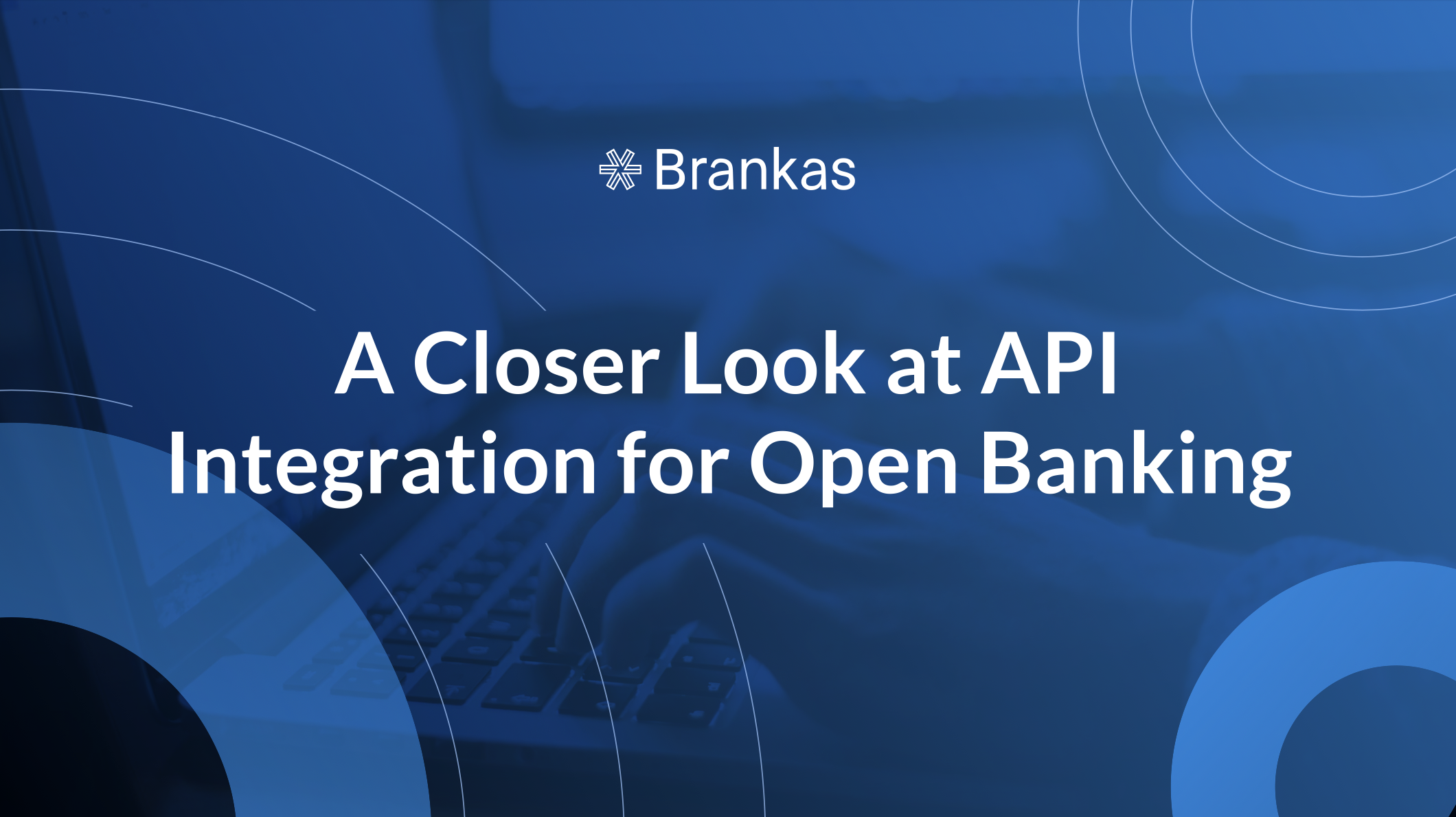
Understanding the intricacies of chargebacks and refunds is paramount for merchants. Chargebacks and refunds play crucial roles in customer satisfaction and maintaining a positive business image.

Southeast Asia is rapidly emerging as a new epicenter for the fintech industry. According to a report authored by Google, Temasek, and Bain & Company, the region’s digital economy is projected to reach $1 trillion by 2030, driven by the rapid adoption of digital financial services and an expanding internet user base. The region saw over $15 billion in fintech investments in 2022 alone, positioning it as a key growth area for innovative financial solutions.
As the region enjoys rapid digital transformation, Cambodia stands out as a country to watch. Despite its historical challenges, Cambodia’s economy demonstrated resilience in 2023 and is primed for robust growth in the coming years. The Asian Development Bank predicts economic expansion between 5.8% and 6% in 2024–2025, buoyed by strong performances in the garment manufacturing and tourism sectors. Cambodia’s GDP per capita has now reached $1,760, a good barometer of the nation’s steady rise.
This economic upturn has been accompanied by a surge in fintech adoption. The number of e-wallet users grew from 13.6 million in 2021 to 19.5 million in 2022, while the volume of online transactions reached 1 billion, amounting to $272.8 billion in value. By 2028, transaction volumes are forecasted to grow at a compound annual growth rate (CAGR) of 11.78%, hitting $9.3 billion. The rapid usage of QR code payments and Peer-to-Peer (P2P) transfers - spearheaded by platforms like Pi Pay, Wing, and TrueMoney - signals vast opportunities for businesses and investors looking to enter this burgeoning market.
The Cambodian government has been proactive in laying the groundwork for a thriving fintech ecosystem, particularly as the COVID-19 pandemic underscored the importance of accessible financial services for underbanked communities. The National Bank of Cambodia (NBC) has played a central role, establishing the Fintech Steering Committee in 2018 to oversee digital financial services, and more recently, introducing the Financial Technology Development Policy 2023–2028. This policy aims to bolster financial inclusion, maintain financial stability, and drive sectoral innovation.
At the 2024 CamTech Summit, NBC Governor Chea Serey called on the private sector to foster innovation and fair competition, aligning with the goals set out in the Fintech Development Roadmap 2020–2025. NBC also announced plans to develop a facial recognition payment system, allowing consumers to make transactions by simply smiling at a camera, further demonstrating the government’s focus on technological advancement in financial services.
Formed in 2018, the Cambodia Fintech Association (CAFT) serves as a hub for collaboration and advocacy in the fintech space. By connecting startups, established firms, and regulators, CAFT is helping to shape a cohesive ecosystem that promotes innovation and financial inclusion. One of its recent milestones was signing a Memorandum of Understanding (MOU) with Huawei Technologies, aimed at strengthening cybersecurity measures and protecting personal data. While fintech adoption has accelerated, challenges around data privacy and cybersecurity remain, making this partnership a timely intervention.
Cambodia is also making strides in cross-border fintech collaboration, partnering with neighboring countries like Thailand, Vietnam, and the Philippines to enhance regional payment systems and promote the use of local currencies. The MoU signed between NBC and Bangko Sentral ng Pilipinas (BSP) marks a significant step towards facilitating smoother cross-border transactions and boosting trade ties. These efforts are not limited to ASEAN; Cambodia is deepening its relationships with countries such as China, India, and Japan, as it taps into these countries’ regulatory expertise and technological leadership.
Since their launch in 2018, ABA Bank has been actively developing APIs with third-party ERP and accounting systems. The ABA Business Platform empowers businesses to streamline their financial processes and reduce manual errors. Through innovative mobile applications, such as ABA Mobile and ABA Merchant, they provide users with personalized features and data-free access. As Cambodia’s leading digital finance provider, ABA Bank has been acknowledged and awarded by various institutions, including Cambodia’s Best Corporate Online Banking Solution from the International Finance Magazine.
Similarly, Phnom Penh Commercial Bank (PPCB) is leveraging open banking through its robust API development. Through its open-source API, PPCBank enables businesses to accept payments from various banks via Bakong KHQR. This system allows users to directly scan and pay to any bank that supports KHQR, further enhancing transaction efficiency and accessibility. This approach not only streamlines cash flow management for corporations but also fosters greater agility and competitiveness in the market.
For businesses eyeing access to Cambodia’s fintech market, understanding the regulatory landscape and staying agile in a fast-evolving sector is crucial. The digital payments ecosystem is expanding rapidly, and firms will need to navigate new regulations and adapt their offerings to capitalize on these opportunities.
Brankas, a leading provider of open finance solutions across Southeast Asia, is well-positioned to help companies navigate the intricacies of expanding into dynamic but challenging markets like Cambodia. With its API-driven platforms, Brankas enables seamless access to financial data, payments, and digital banking infrastructure. As the digital finance ecosystem continues to evolve, Brankas offers the technological agility and market insight that companies need to capitalize on the region’s burgeoning fintech landscape while minimizing risks associated with market entry.

Understanding the intricacies of chargebacks and refunds is paramount for merchants. Chargebacks and refunds play crucial roles in customer satisfaction and maintaining a positive business image.

Open banking is ushering in a new era where financial services are not confined within silos but seamlessly interconnected. API integration makes this possible. The integration of APIs in open banking facilitates the smooth exchange of information between different banking systems. A customer viewing transactions from various accounts in a single application or swiftly transferring funds between different banks are tangible outcomes of strategic API integration in open banking.